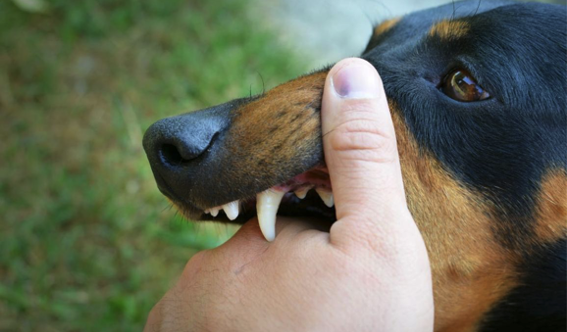
Dog bites can lead to more than just physical wounds; they can expose victims to a range of infections that may have serious health implications.
In Dallas, where nearly 39% of households own at least one dog, the risk of dog bites is ever-present. According to recent reports, Texas ranks among the top states in the U.S. for dog bite incidents, with many cases occurring in urban areas like Dallas.
While most dog bites are not fatal, they can result in significant physical and emotional trauma. Beyond the initial pain and discomfort of the bite wound, victims may also be at risk for developing infections from bacteria or viruses that reside in a dog's mouth.
In this guide, we will discuss the infections that a dog bite victim may be vulnerable to and how they can be prevented or treated. We will also explore the legal options available to victims in Dallas and the importance of seeking assistance from a skilled Dallas dog bite injury lawyer.
Dogs have bacteria in their mouths, which can easily transfer to humans through a bite wound. Some of the most common bacteria found in a dog's mouth include:
Staphylococcus
Capnocytophaga
These bacteria can cause various types of infections, ranging from minor skin irritations to more severe infections like sepsis.
The signs and symptoms of a bacterial infection from a dog bite may include
Redness and swelling around the wound area
Pain, tenderness, or warmth at the bite site
Pus or discharge from the wound
Fever and chills
If you experience any of these symptoms after a dog bite, it is essential to seek medical attention immediately. Without proper treatment, bacterial infections can quickly spread and cause serious health complications.
In addition to bacteria, dogs may also carry viruses in their saliva that can be transmitted through a bite. Rabies is a viral infection that affects the central nervous system and is commonly transmitted through a dog bite. It can be fatal if left untreated, so it is crucial to seek medical attention immediately after a dog bite.
Preventing infections from a dog bite starts with keeping the wound clean and properly bandaged. If you are unable to clean the wound thoroughly or if it appears to be deep or infected, seek medical attention immediately. Your doctor may prescribe antibiotics or other medications to prevent infection.
To reduce the risk of contracting viral infections from a dog bite, it is essential to ensure that your pets are up-to-date on their vaccinations. If you have been bitten by a stray dog or an unvaccinated animal, it is crucial to seek medical attention and report the incident to local authorities.
If you have been the victim of a dog bite in Dallas, it is crucial to seek legal assistance from an experienced dog bite injury lawyer. They can help you understand your rights and options for seeking compensation for any injuries or damages resulting from the incident.
A skilled dog bite injury attorney will also be able to gather evidence, negotiate with insurance companies, and represent you in court if necessary. Don't hesitate to reach out for legal help if you have been injured in a dog attack.